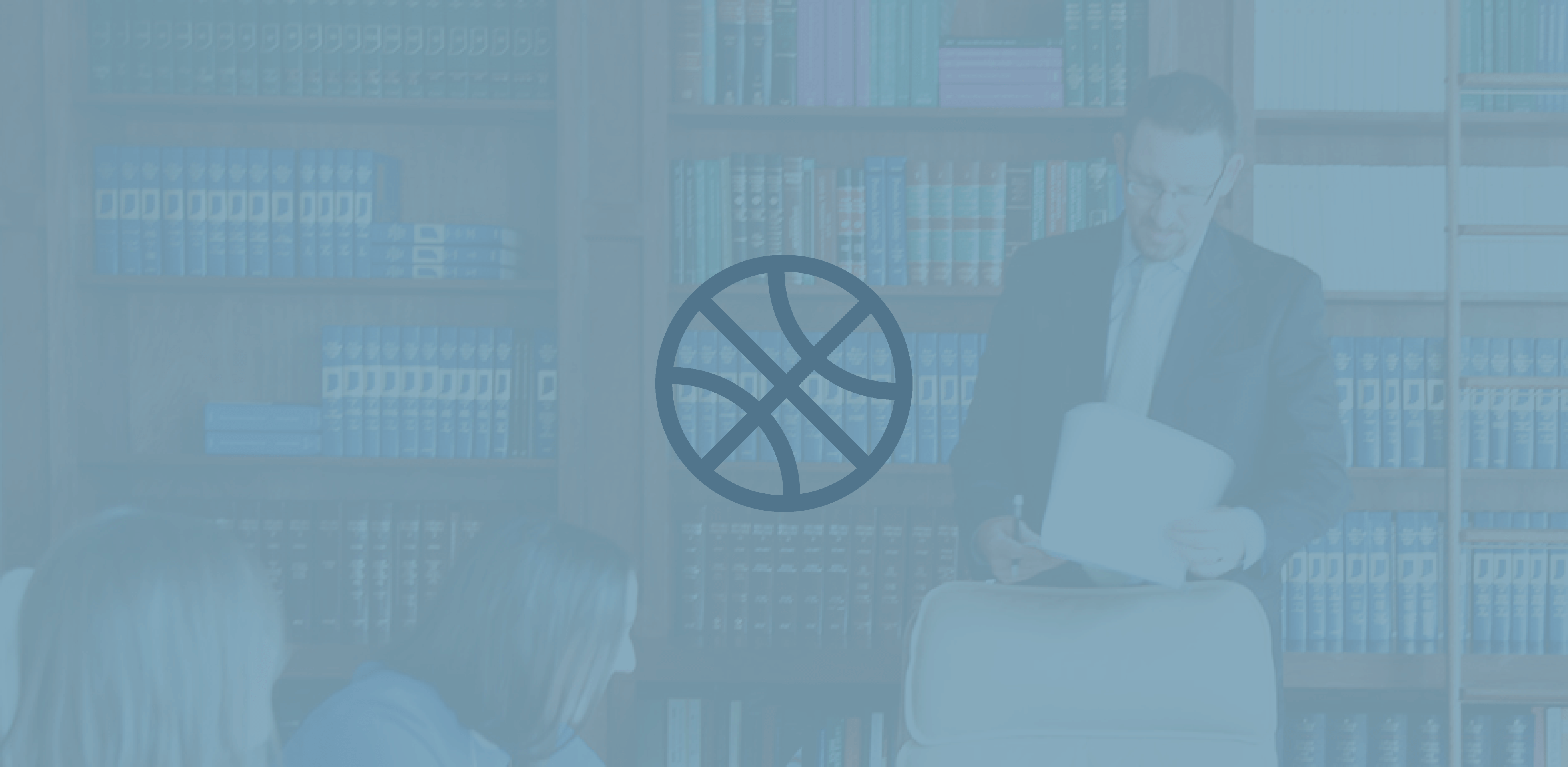
INFRACTIONS APPEALS COMMITTEE DECISION
Georgia Institute of Technology
February 26, 2021
Key Takeaways
- There must be specific factual findings of action or inaction by an institution relevant to the violation (e.g. failure to monitor, lack of institutional control, lack of head coach control) – beyond an employment relationship an involved individual – to attribute Bylaw 19.9.3-(m) to an institution.
- The IAC continues to express its discomfort with parties’ reliance on cases resolved through the summary disposition or negotiated resolutions process and is willing to completely disregard such precedent in its analysis.
- Limitations placed on official penalties are considered core penalties; thus, the guidelines apply, and deviations therefrom require explanation by the Committee.
Facts: On appeal, Georgia Tech contested the Committee on Infractions’ application of an aggravating factor related to a former assistant coach’s blatant disregard for NCAA rules, as well as the imposition of scholarship reductions and limits on official visits. The Infractions Appeals Committee found the panel abused its discretion when it failed to consider institutional culpability in applying the aggravating factor Bylaw 19.9.3-(m), vacated the scholarship reductions and official visit penalties, and remanded the case to the COI.
Application of Aggravating Factor Bylaw 19.9.1-(m):
The COI determined that a former assistant men’s basketball coach intentionally involved a booster in recruiting despite knowing it was impermissible and willfully lied to and misled investigators. The panel then ascribed this behavior to the institution, applying the aggravating factor Bylaw 19.9.3-(m) (intentional, willful or blatant disregard for the NCAA constitution and bylaws), asserting that a school cannot “insulate itself from the acts of its staff.”
However, the IAC determined this finding was an abuse of discretion, noting that the Committee’s approach inappropriately disregarded institutional culpability and would create a strict liability standard for the application of this aggravator. In order to attribute intentional, willful or blatant disregard for NCAA rules to an institution, the IAC stated there must be some specific factual findings of action or inaction by the institution relevant to the violation, beyond an employment relationship with the involved individual.
Imposition of Penalty V.4 (Scholarship Reductions)
The COI reduced the number of grants-in-aid awarded in men’s basketball by seven percent (or one grant-in-aid) during each year of probation. Because the IAC determined the panel abused its discretion its aggravating factor analysis, it vacated this penalty and remanded it to the Committee for a reassessment. While the IAC stopped short of determining whether prescribing reductions for each year of probation is an abuse of discretion, it noted that the number and length of a scholarship reduction penalty must be consistent with relevant case precedent and the Committee must include an explanation should it deviate from this precedent.
Imposition of Penalty V.9 (Official Visit Restrictions)
The COI prohibited the institution from scheduling any official visits in conjunction with home men’s basketball competition during the first two years of its probationary period and reduced the number of permissible official visits.
On appeal, the institution asserted that the Committee abused its discretion in applying these particular restrictions, noting that penalties related to official visits are contemplated in the bylaws as a core penalty and cannot be imposed separately or additionally. Further, the institution argued the Committee departed upward from the penalty guidelines without including an explanation, as required by the legislation.
The IAC reviewed the legislative history and intent of the current penalty structure and determined that the restrictions imposed by the Committee on official visits are considered core penalties per the guidelines. Thus, it was inappropriate to prescribe the restrictions as “additional penalties,” and the Committee would be required to determine and explain that extenuating circumstances existed to impose them. The penalty was consequently vacated.
__________________________________________________________________________________________
University of South Carolina, Columbia
February 25, 2021
Key Takeaways
- Though this case involves the same coach at the center of Oklahoma State’s recent infractions case, the Committee imposed less severe penalties here, noting the presence of additional mitigating factors and key factual differences warranted a Level I-Mitigated classification.
- The show-cause order for the assistant coach runs concurrently with the one imposed in Oklahoma State.
Level: Level I-Aggravated for Assistant Coach, Level I-Mitigated for Institution
Facts: A former assistant men’s basketball coach acted unethically when he accepted bribe payments in the amount between $3,356 and $5,856 from an individual associated with a professional sports agent and failed to cooperate with the NCAA investigation. The assistant coach agreed to use his position as a coach to influence SAs to retain certain financial advisors once they entered the NBA. The assistant coach admitted to accepting the bribe as an “easy way to make money,” but never actually arranged any meetings between the SAs and agents/financial advisors while he was employed at South Carolina.
On September 26, 2017, FBI agents arrested the former assistant coach. The NCAA was required to suspend its own inquiry so as not to obstruct the federal probe. Soon after May 8, 2019, the enforcement staff resumed its investigation after the conviction of the agent associated with paying bribes. The former assistant coach failed to respond to multiple interview requests. In January 2020, the enforcement staff issued a NOA to the institution and a post-separation NOA to the former assistant. South Carolina responded and requested to process the case via summary disposition in July 2020; however, the enforcement staff never received any response from the former assistant resulting in significant penalties.
Violations Found
The Division I Committee on Infractions cited violations in the following areas:
- ETHICAL CONDUCT [NCAA Division I Manual Bylaws 10.01.1, 10.1, 10.1-(e) and 11.1.3 (2015- 16)] (Level I)]
- FAILURE TO COOPERATE [NCAA Division I Manual Bylaws 10.1, 10.1-(a) and 19.2.3 (2018-19 and 2019-20)] (Level I)
Penalties
Core Penalties Institution
- Two (2) years’ probation
- $5,000 fine (self-imposed)
- Recruiting restrictions
- No unofficial visits in men’s basketball for four (4) weeks during fall 2021 and/or 2022 (self-imposed)
- Reduce number of official visits in men’s basketball to 25 during the 20-21/21-22 rolling two-year period
- No telephonic recruiting communication in men’s basketball for six (6) weeks during 20-21 or 21-22 years
- Reduce number of recruiting person days in men’s basketball by 17 during the 20-21 and/or 21-22 years
Core Penalties Assistant Coach
- 10-year show cause order
_____________________________________________________________________________________________
Clarion University of Pennsylvania
Division II
March 11, 2021
Facts: The Clarion head women’s soccer coach violated financial aid and head coach responsibility legislation when he was directly involved in providing financial aid agreements in excess of the women’s soccer budget to 19 prospective and current women’s soccer SAs. In March 2017, the head coach made false promises to nine prospects when he distributed letters indicating they would receive multiple years of aid. Division II legislation limits financial aid agreements to one year. Additionally, the head coach issued aid agreements to incoming and current SAs without getting the required signature of Clarion’s director of financial aid. The head coach agreed that his direct involvement demonstrated a failure to promote an atmosphere of compliance. The violations were self-reported and adjudicated via the summary disposition process.
Violations Found
The Division I Committee on Infractions cited violations in the following areas:
- FINANCIAL AID [NCAA Division II Manual Bylaws 15.6.2.3, 15.6.3.1 and 15.6.3.1.1 (2016- 17) and 15.5.2.3 (2017-18 and 2018-19)]
- HEAD COACH RESPONSIBILITY [NCAA Division II Manual Bylaw 11.1.2.1 (2016-17 through 2018-19)]
Penalties
For Major Violation
- Two (2) years’ probation
- $1,000 fine
- Completion of a Blueprint Review
- Additional outside audit
- NCAA Regional Rules Seminars attendance
Former Coach
- Three (3) year show-cause order

